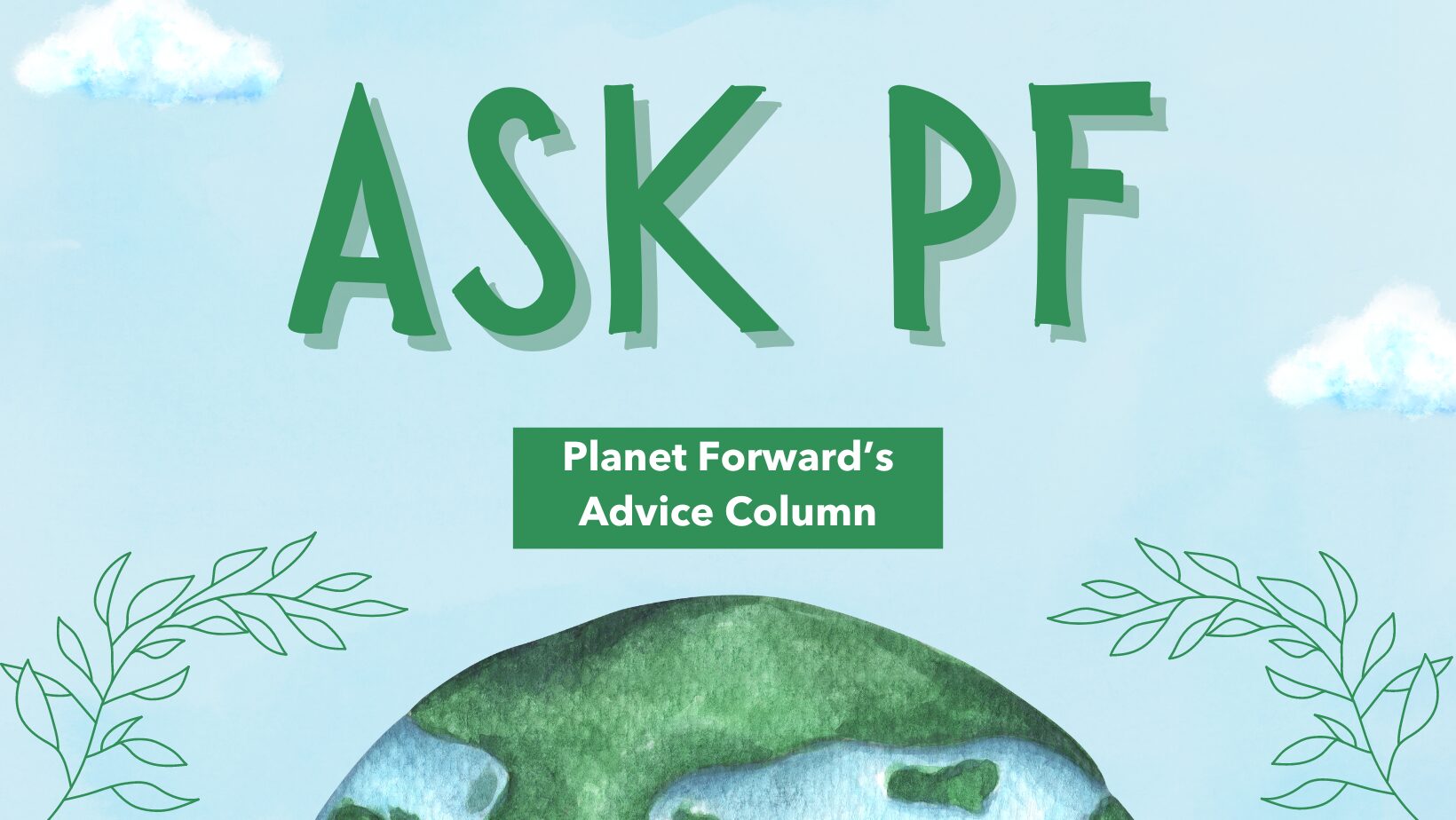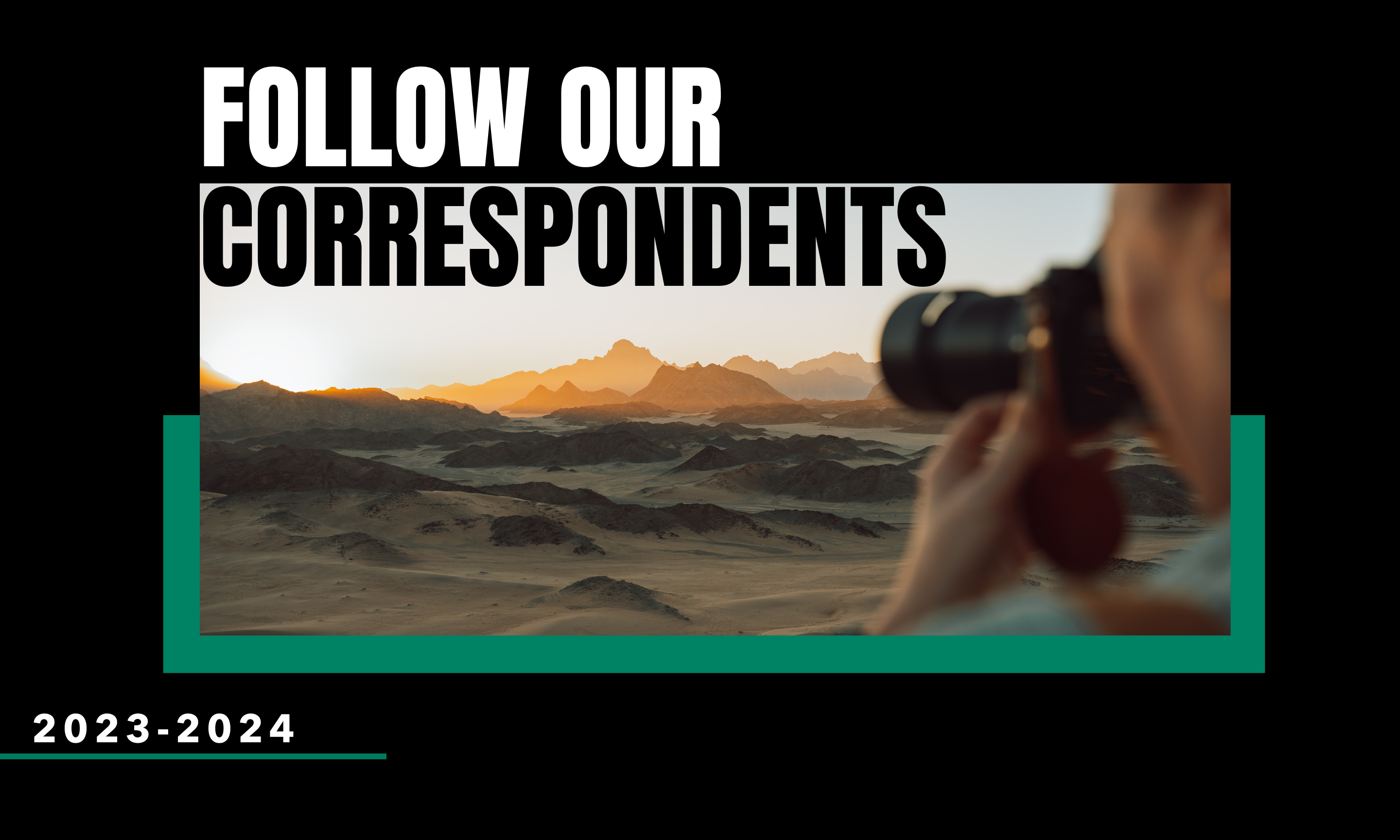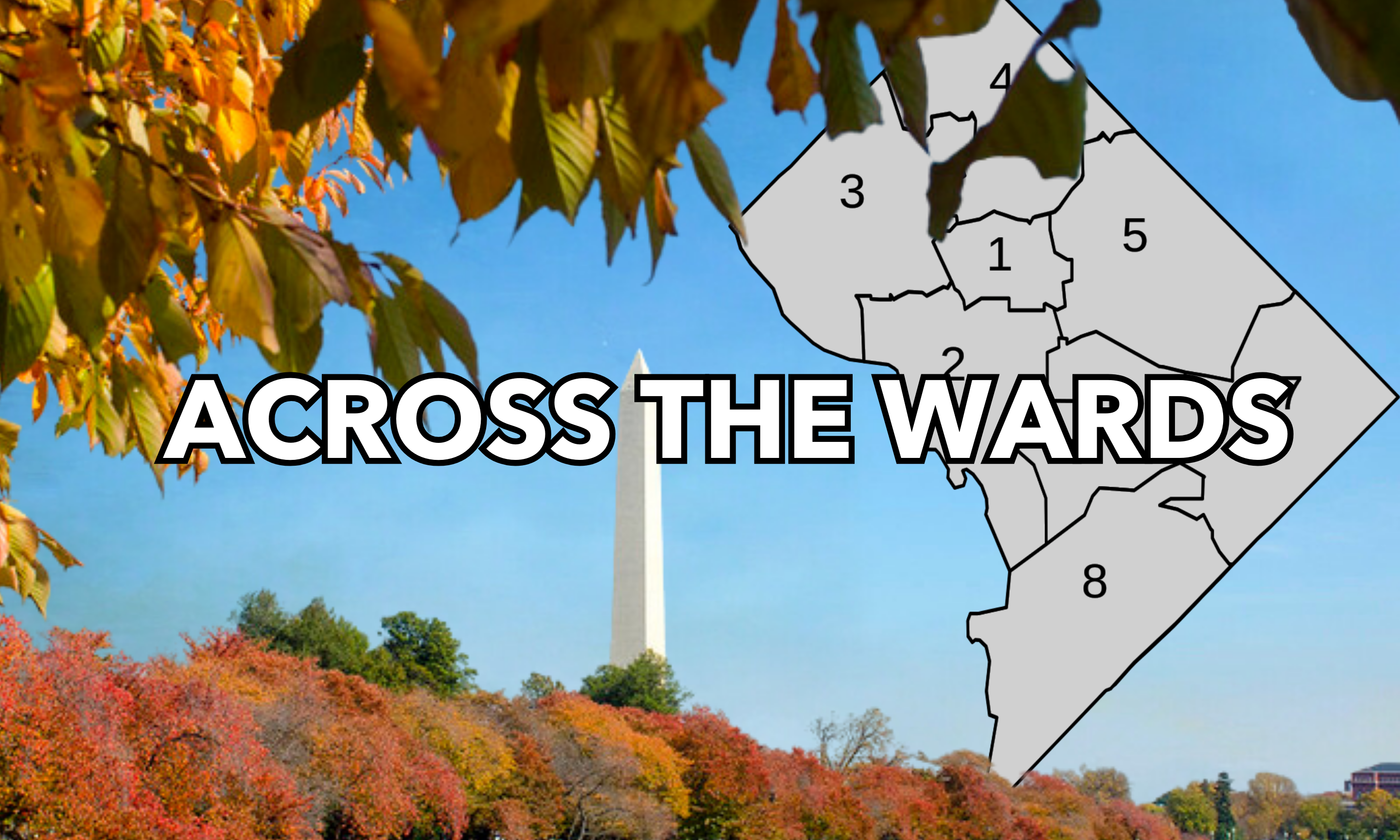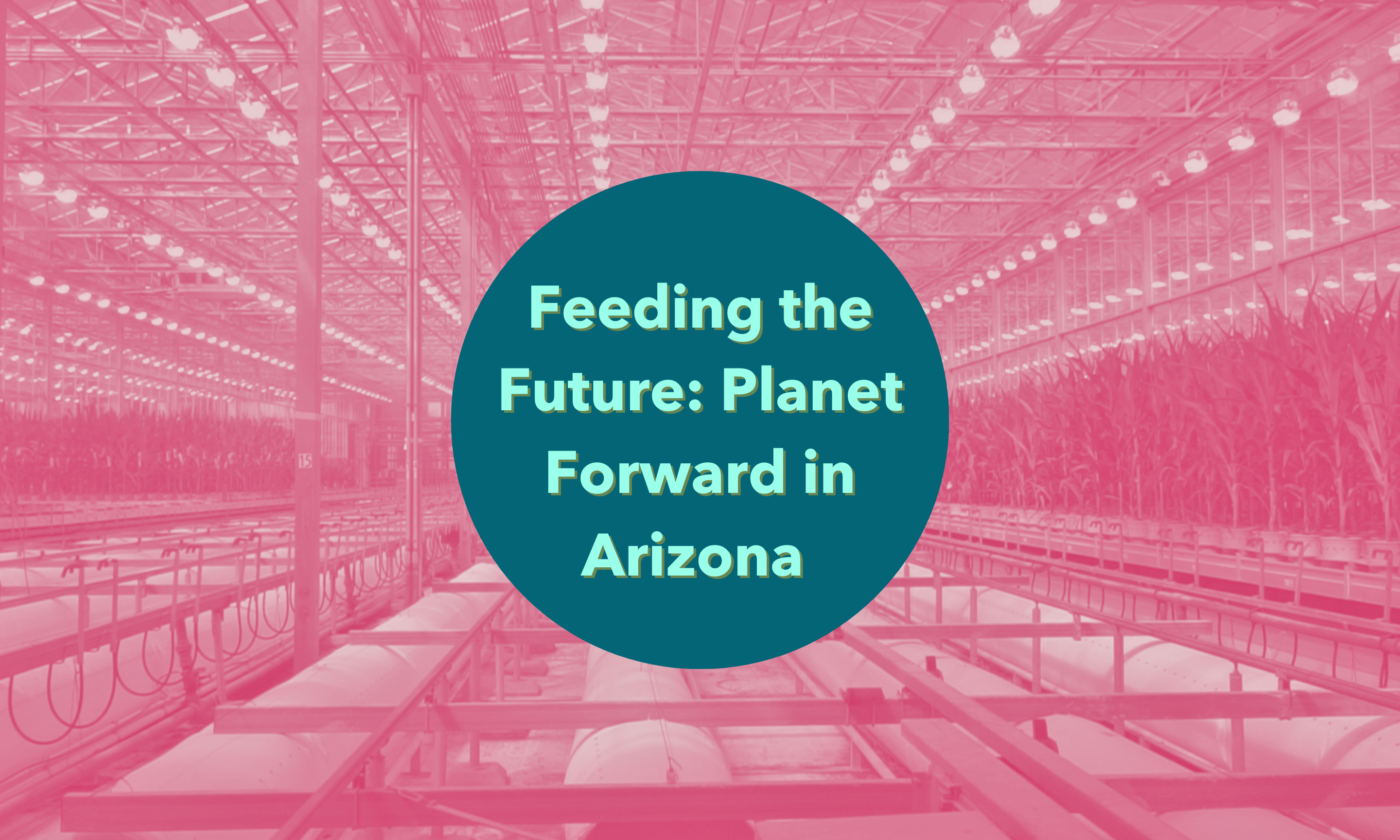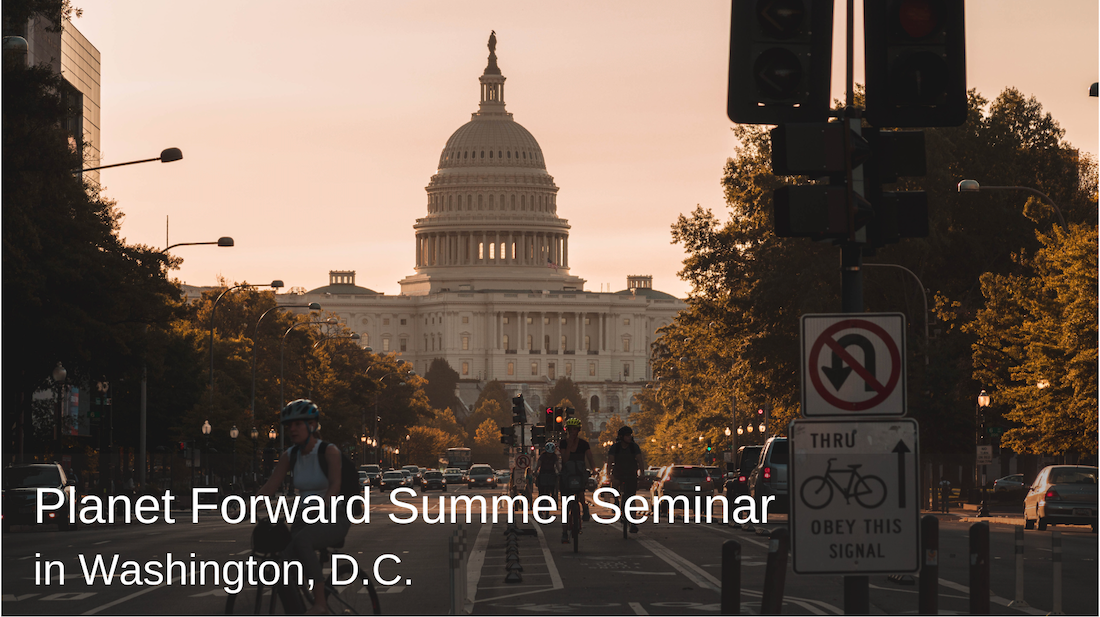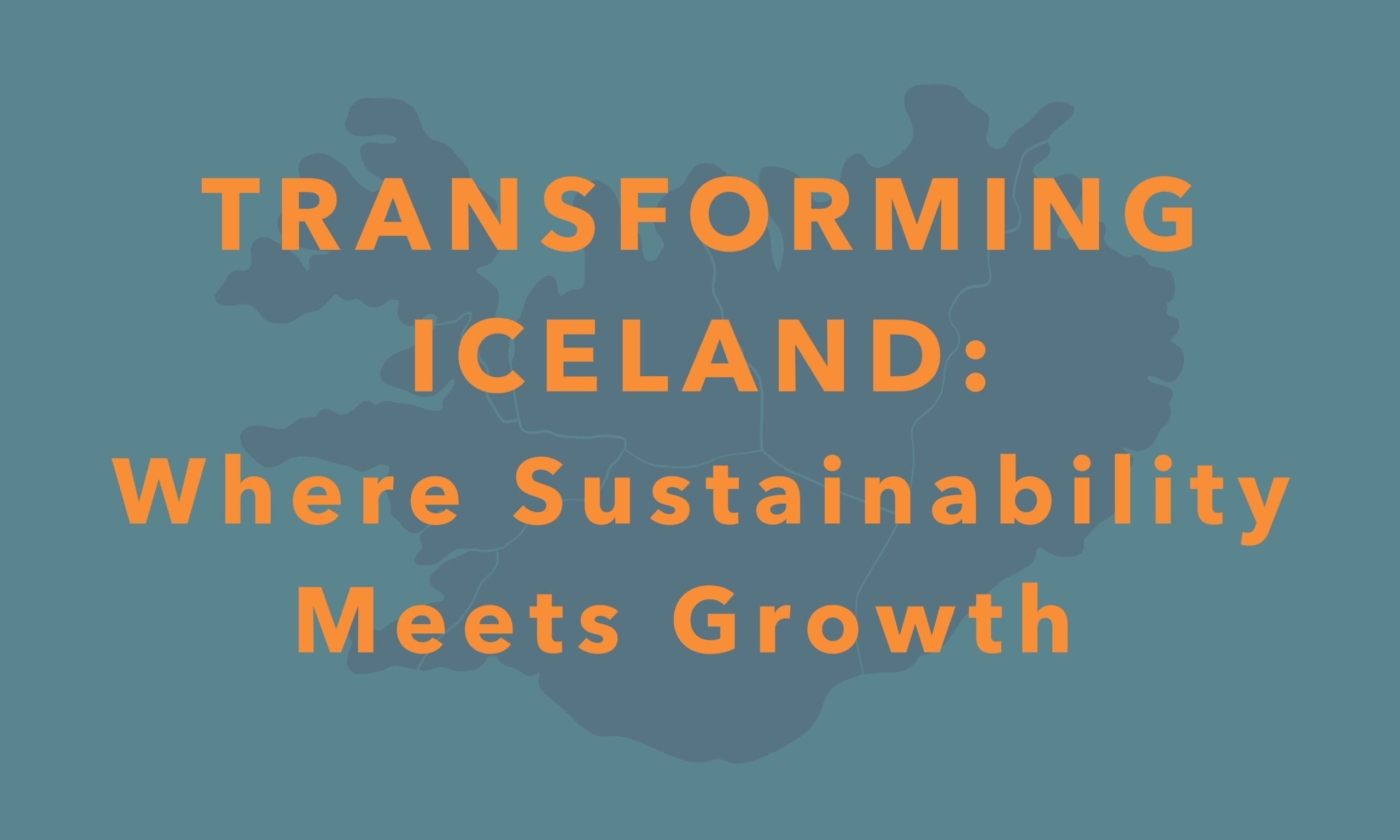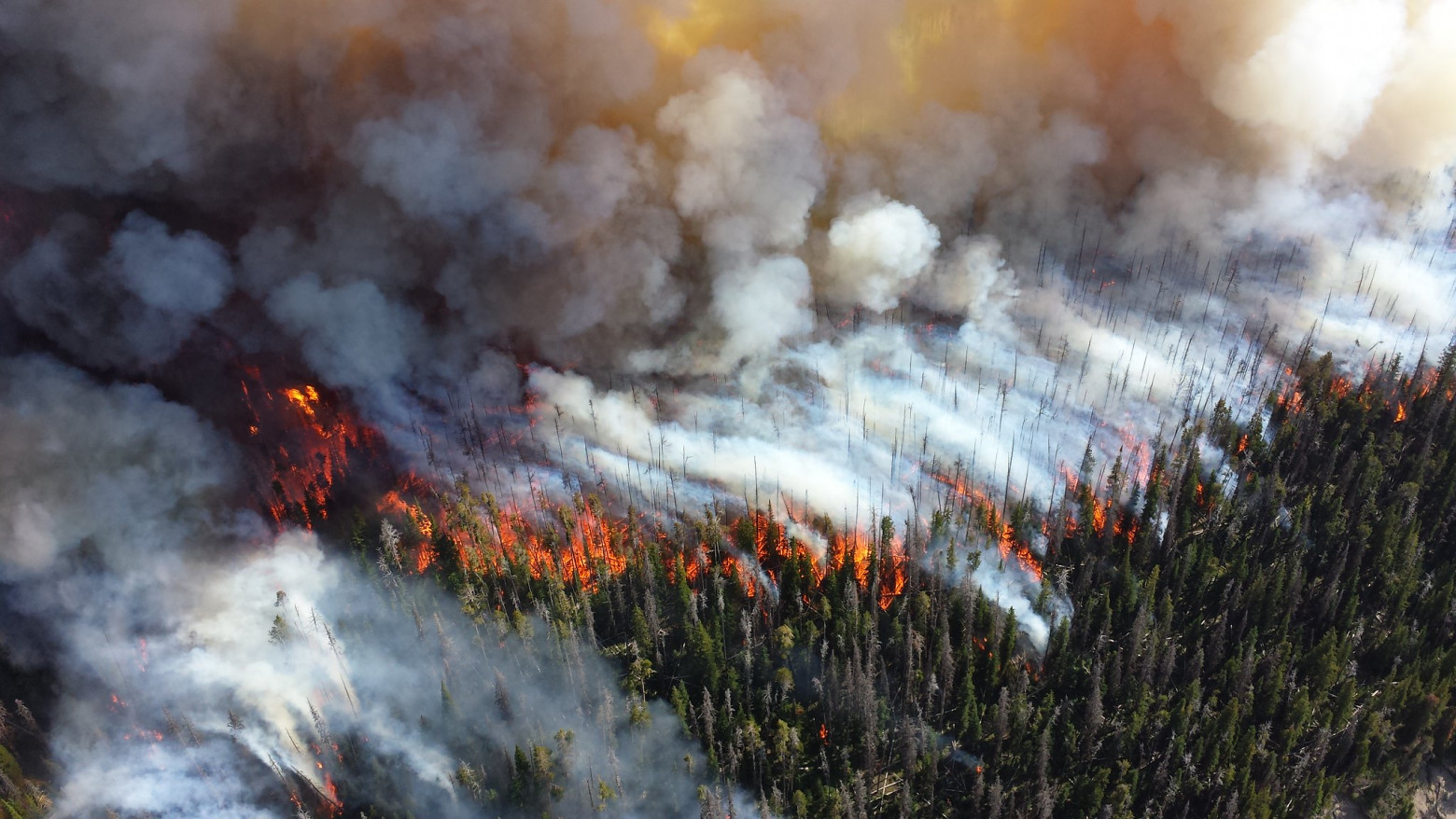The World Health Organization has called stress the “health epidemic of the 21st century.”
Mindfulness with Purpose
Mindfulness with Purpose is the innovation that our education system needs in order to cultivate a generation of problem solvers who will tackle the complex global issues we face. Incorporating this program into the daily routine of middle schools and high schools will foster more compassionate, intelligent, calm and happy students and teachers.
Problem:
The World Health Organization has called stress the “health epidemic of the 21st century.” The hashtag “#teenangst” has been used over 400 times since the beginning of 2016. So what’s happening with all this angst and stress? I think we can find the tangible manifestations of these inner feelings of dissatisfaction in the following dismal statistics.
-Depression:
- 30% of college students have felt so depressed at some point over the past year that it was “difficult to function.” (American College Health Association)
-Anxiety
- More than 50% of college students have felt “overwhelming anxiety” over the past year. (American College Health Association)
-Suicide:
- Suicide is the second leading cause of death for 15-24 year olds. (Suicide Awareness Voices of Education)
- Everyday in the US there are, on average, 5,400 suicide attempts by young people. (The Parent Resource Program)
-Bullying:
- 90% of 4th-8th graders report that they have been bullied. (University Council for Educational Administration)
- Around 160,000 students stay home from school each day because of bullying. (National Education Association)
-Alcohol/ drug addiction:
- More than 2 million teenagers are addicted to illicit drugs and/or alcohol. (Substance Abuse and Mental Health Services Administration)
-Mass school shootings:
- There have been 142 mass school shootings since 2012. (The Washington Times)
- “It’s not so much to catch shooters, because we know that’s very difficult, but actually to address very widespread problems that reach millions of kids” -Katherine Newman
- Katherine Newman is a sociologist at Johns Hopkins University. She understands that mass shootings are just the tip of a much bigger iceberg. Many American kids who will never become mass shooters suffer from social isolation and feelings of insignificance. If we address these feelings we will see less shootings.
Problem in relation to urban environment:
The following are quotes regarding the impact urban life has on our health:
- “Do we need to prepare ourselves for a more urbanised and, therefore, more depressed world?” -Mazda Adli (LSE Cities)
- Adli’s question is motivated by various studies that show that people who live in cities are more likely to develop anxiety and mood disorders. He stresses the heightened impact this may have on children because, compared to adults’, their brains are especially vulnerable to stress.
- “People who grow up in cities process negative emotions such as stress differently from those who move to the city as adults.” (Nature, International Weekly Journal of Science)
- Researchers scanned the brains of 55 subjects who were placed under stressful conditions. They found that the amygdala and cingulate cortex (regions of the brain responsible for emotive response) of people who either currently lived in cities or were raised in cities reacted much more strongly to stress than people from or living in rural areas.
Solution:
Mindfulness with Purpose is an education program that will allow students to establish an inner sense of calm and compassion that enables them to tackle complex global issues. The program consists of 15 minutes of meditation at the beginning of the school day. This will ease the stress that many are struggling with. After, the teacher will present students with information on a global problem such as: gender inequality, religious extremism, or deforestation. The students will then engage in a discussion about the issue and be asked to propose solutions to the problem on social media using the hashtag “#whatshouldwedo.”
Many schools across the country have already implemented mediation programs and are reaping the benefits of that. But, I challenge our education system to expand upon this and use meditation as a tool that not only addresses the mental health crisis of our country, but also creates a context of learning that will foster our youth into creative problem solvers.
Studies on the impact of meditation:
- Study conducted at The University of Exeter to observe effects on meditation on young children.
- Results:
- “Students from 12 secondary schools either participated in the mindfulness in schools program or took part in the usual school curriculum. The young people who participated in the mindfulness program reported fewer depressive symptoms, lower stress and greater well-being than those in the control group.” (University of Exeter)
- Study conducted by Johns Hopkins researchers about the effect meditation has on psychological well being.
- Results:
- Meditation provided as much relief for symptoms of anxiety, depression and stress as antidepressants.
- Visitacion Valley Middle School in San Francisco implements a meditation practice called “Quiet Time.”
- Results:
- Suspensions fall by 50%
- Daily attendance increases to 98%
- Overall GPA increases by .5%
- School records the highest happiness levels in San Francisco on the annual California Healthy Kids Survey
- Brooklyn Urban Garden School implements “Quiet Time” program into school.
- Results:
- Participating students report lower levels of anxiety, fatigue and hyperactivity.
- A study conducted on interdisciplinary undergraduate students at The University of Florida found that meditation increased student’s:
- Self efficacy
- Emotional intelligence
- Critical thinking abilities
- Moral imagination
- Resilience
Conclusion:
Earlier this year the UN released a list of Sustainable Development Goals that included “good health and well-being.” As research has clearly shown, meditation significantly improves mental health and well- being. If this isn’t reason enough to implement Mindfulness with Purpose, we should take a look at the 16 other goals the UN urges the international community to strive towards. These goals are ambitious and, if we plan on achieving any of them, we must radically transform the way we think and perceive the world. Mindfulness with Purpose is the innovation that our society needs. It creates hope in our world by giving young people the opportunity to live to their full potential.
References:
http://www.huffingtonpost.com/gina-soleil-/workplace-stress-the-heal_b_8923678.html
http://thinkprogress.org/health/2015/02/19/3624730/mental-health-college/
http://www.save.org/index.cfm?fuseaction=home.viewPage&page_id=705D5DF4-055B-F1EC-3F66462866FCB4E6
http://jasonfoundation.com/prp/facts/youth-suicide-statistics/
https://www.dosomething.org/us/facts/11-facts-about-bullying
http://www.samhsa.gov/data/wp-content/uploads/files/NSDUH-FRR1-2014/NSDUH-FRR1-2014.pdf
http://www.washingtontimes.com/news/2015/oct/1/142-school-shootings-sandy-hook-massacre-newtown-c/
https://lsecities.net/media/objects/articles/urban-stress-and-mental-health/en-gb/
http://www.digitaljournal.com/article/334915
http://www.exeter.ac.uk/news/research/title_276987_en.html
http://www.hopkinsmedicine.org/news/media/releases/meditation_for_anxiety_and_depression
http://www.davidlynchfoundation.org/blog/bugs-charter-school-teaches-tm/
http://www.un.org/sustainabledevelopment/sustainable-development-goals/
http://www.brainyquote.com/quotes/quotes/a/alberteins385842.html






